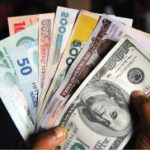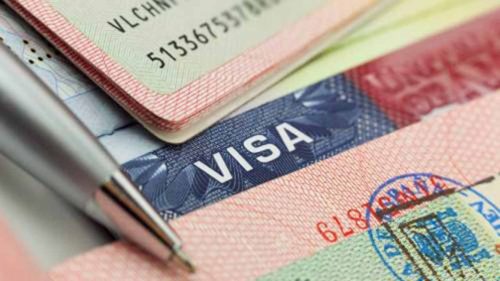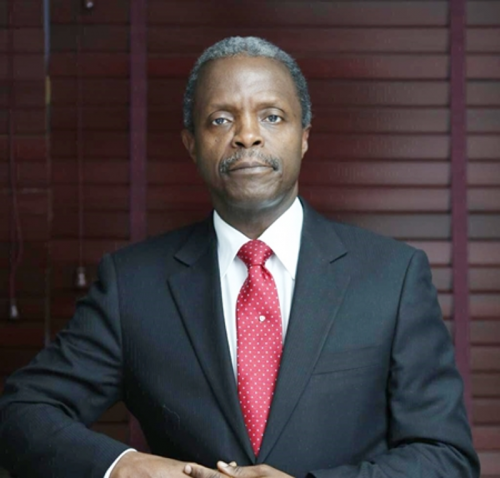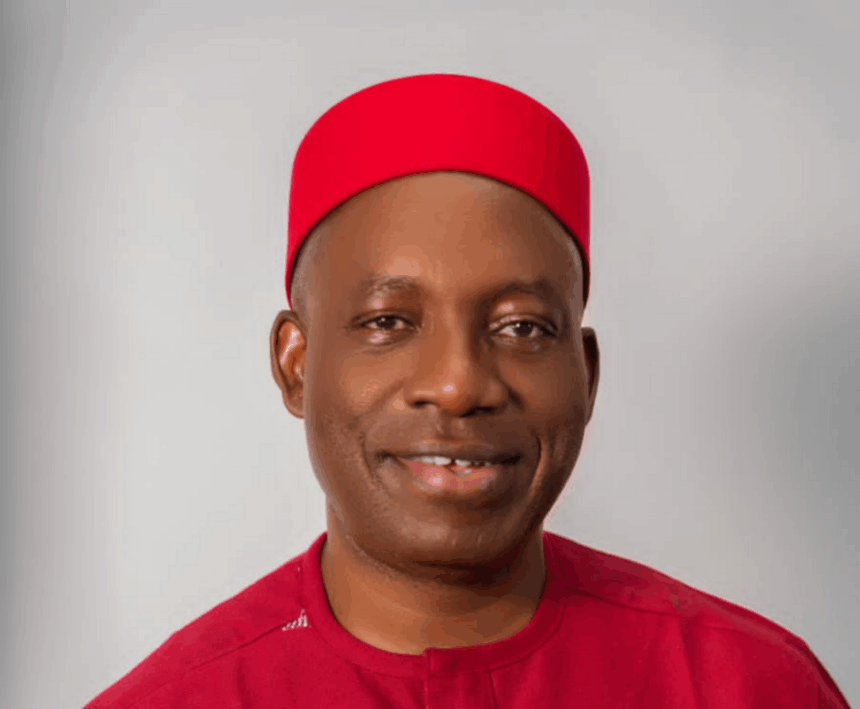Diezani told Jonathan that 2010 subsidy removal may have been illegal

The Daily Times has obtained a 2010 letter from former petroleum minister, Diezani Alison-Madueke to former president Goodluck Jonathan questioning the legality of a controversial 2010 effort to remove the government subsidy on kerosene.
According to the letter, titled ‘Request for Clarification on the status of Dual Purpose Kerosene Subsidy Removal,’ Alison-Madueke said that under the late President Umaru Musa Yar’adua, a directive ordering the removal of the subsidy regime did not substantially comply with the prescribed legal process.
The document reads in part, “Your Excellency may recall that on June 10, 2009, late President Umaru Musa Yar’adua relayed a Presidential directive to remove subsidy.”
“However, the then Minister of Petroleum Resources, late Dr Rilwanu Lukman did not implement this Presidential directive as it was never gazetted nor published in any section of the media as required by law. Consequently, the subsidy on DPK [a technical term for kerosene] has remained in practice and NNPC continued to subsidise this product.”

Alison-Madueke further said that the lack of regulatory clarity led to the withdrawal of marketers from importing kerosene, forcing the Nigerian National Petroleum Corporation to step in and import the product for the domestic market.
In July 2011, despite the subsisting presidential directive, Alison-Madueke announced the launch of the Kero-Direct scheme initiated by the NNPC ostensibly to make kerosene available to consumers nationwide at a highly subsidized rate of N50 per litre. Under the scheme, the Pipelines and Products Marketing Company, a subsidiary of the NNPC in charge of petroleum products marketing and distribution, was directed to provide the product sold to consumers using the products distribution facilities of an independent marketer, Capital Oil and Gas Industries Limited.

A House of Representatives Adhoc Committee probing the fuel subsidy regime in 2012 subsequently described the scheme in its report as “a scam to defraud Nigerians and extort money from the Petroleum Support Fund.” The committee had noted that the scheme was not only implemented in defiance of a subsisting presidential directive removing kerosene from the subsidy regime but also designed in a way the product would not get to the target beneficiaries at the approved price.
At the time, the government had announced plans to end costly fuel subsidies in the 2012 fiscal year to release funds for infrastructure projects and to create jobs. An abrupt end to the subsidy program on 1 January, 2012 led to some of the biggest protests by Nigerians in decades, forcing the government to walk back on the reforms.
The debate over the removal of fuel subsidies, first implemented during an oil boom era in the 1970s when government spending was profligate, has been a thorny political issue in Nigeria, spanning the last three administrations, with many observers and experts calling the current regime unsustainable.
Claims by the NNPC in 2014 that over 80 percent of the controversial $10.8 billion subsidy kitty (about ₦1.728 trillion at the time) was used to subsidise kerosene consumption may have been a scam, according to another set of memos published by online newspaper, Premium Times, citing the conflict between the practice of importation and the subsisting presidential directive to the Ministry of Petroleum Resources and the NNPC Group Managing Director to cease the subsidy payment program.
According to the World Bank, Nigeria spent ₦6.9 trillion from 2011-2016 subsidising petroleum products, during a time when the price of oil generally tended downwards. The government spends about ₦310 billion annually on kerosene subsidy alone. Subsidising the cost of fuel, mainly diesel, petrol and kerosene, costs the government trillions of naira yearly but eliminating the programme remains very unpopular with many Nigerians who see it as the only benefit they gain from living in an oil-rich country.










